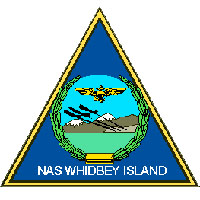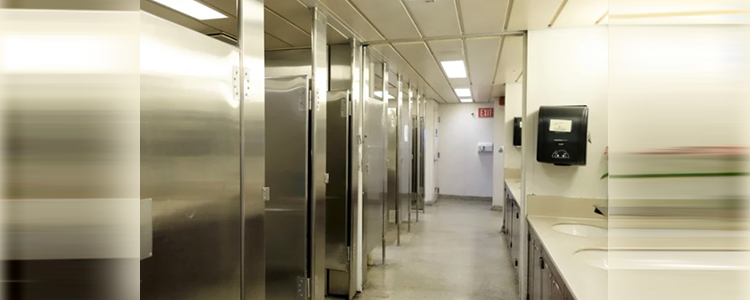— from Thomas Mills for NAS Whidbey Island —
Search and Rescue (SAR) teams from Naval Air Station (NAS) Whidbey Island rescued two people in two days, Monday, June 25, and Tuesday, June 26, 2018.
For the first rescue, in the early evening of June 25, the SAR team was notified of a man with an ankle injury near Obstruction Point on the Olympic Peninsula. The crew arrived on the scene where the victim was with a medical crew from the National Park Service in the area of Badger Valley. The SAR crew landed their aircraft in a clearing, picked up the injured hiker then transported him to Olympic Medical Center in Port Angeles, Wash.
For the second rescue, on the morning of June 26, SAR was notified by Okanogan County Search and Rescue that a female hiker’s emergency beacon had been going off since the day before along the Pacific Coast Trail near Cutthroat Lake. Once on scene the crew began their search until they found the hiker’s tent in a stand of trees 250 feet below the trail. The crew evaluated her injures then hoisted her onboard and flew her to Boeing Field for further transport to a medical facility.
NAS Whidbey Island SAR, has conducted 19 total missions throughout Washington State this year, including 14 rescues, 4 searches and one medical evacuation, delivering 19 people to higher medical care.
The Navy SAR unit operates three MH-60S helicopters from NAS Whidbey Island as search and rescue/medical evacuation (SAR/MEDEVAC) platforms for the EA-18G aircraft as well as other squadrons and personnel assigned to the installation. Pursuant to the National SAR Plan of the United States, the unit may also be used for civil SAR/MEDEVAC needs to the fullest extent practicable on a non-interference basis with primary military duties according to applicable national directives, plans, guidelines and agreements; specifically, the unit may launch in response to tasking by the Air Force Rescue Coordination Center (based on a Washington State Memorandum of Understanding) for inland missions, and/or tasking by the United States Coast Guard for all other aeronautical and maritime regions, when other assets are unavailable.
**If you are reading theOrcasonian for free, thank your fellow islanders. If you would like to support theOrcasonian CLICK HERE to set your modestly-priced, voluntary subscription. Otherwise, no worries; we’re happy to share with you.**









Bravo Zulu. I hope the noise didn’t bother anyone.
Pamela, I hope these folks paid for their rescues….or should we?
Unfortunately, Merry, our legislators have never followed-up on these questions of charging spoiled individuals, supplied with high-end equipment both within our country and overseas who depend upon our military and regional SAR assets to be saved from their mistakes. With the end of our budget year approaching in September, maybe such a proposal is hidden within the piles of proposed legislation which no one has thoroughly read and acted upon on behalf of the taxpayers. This is certainly not the first time this question has been asked and not adequately addressed.
The rescues are costing taxpayers very little, and the benefits are great. Wilderness recreation and wilderness tourism is a very big economic driver, a multi-billion-dollar industry.